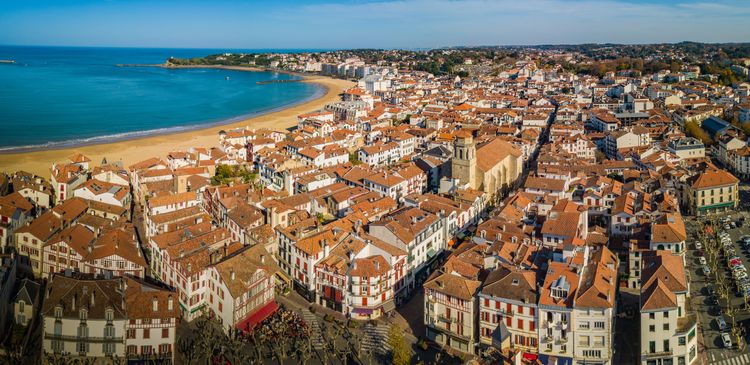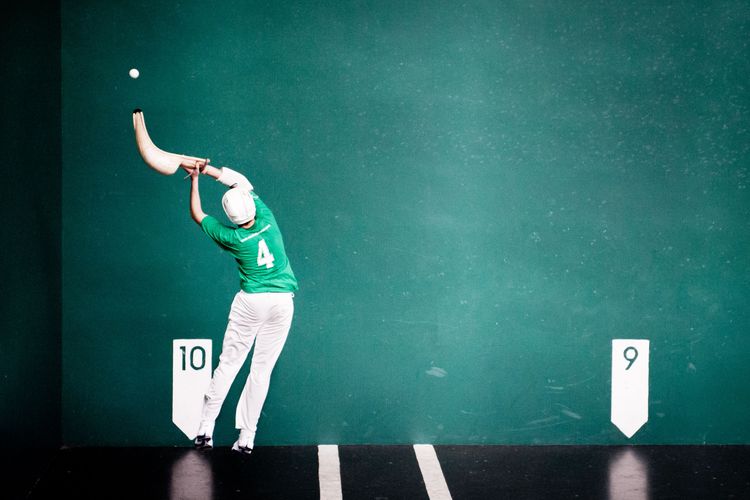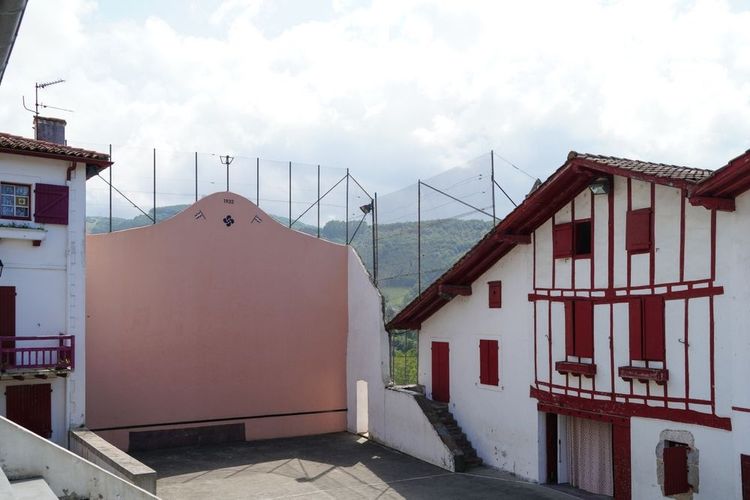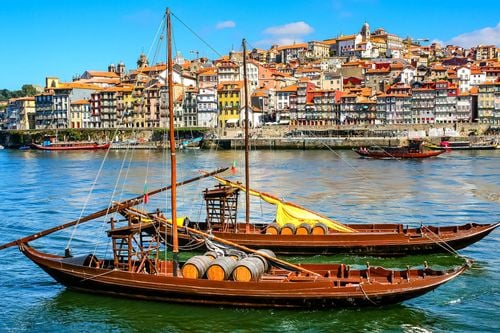In Saint-Jean-de-Luz, you can enjoy a little-known sport: cesta punta or Basque pelota. Of the 15 different disciplines of Basque pelota practised since the 18th century, this is probably the most spectacular. The ball is thrown at more than 200 km/h. The players gracefully contort their bodies to retrieve the ball using a leather glove. You can watch these matches all year round, but if you come in summer, you'll have the chance to see the 'Cesta Punta Internationals', which bring together the best local and world players. Come and discover this unique game, which has been played in France since the 1950s.









